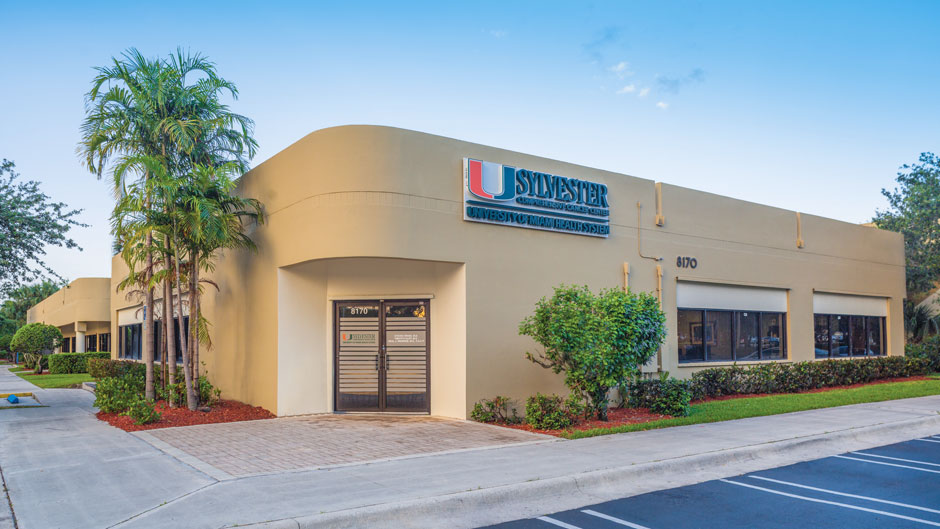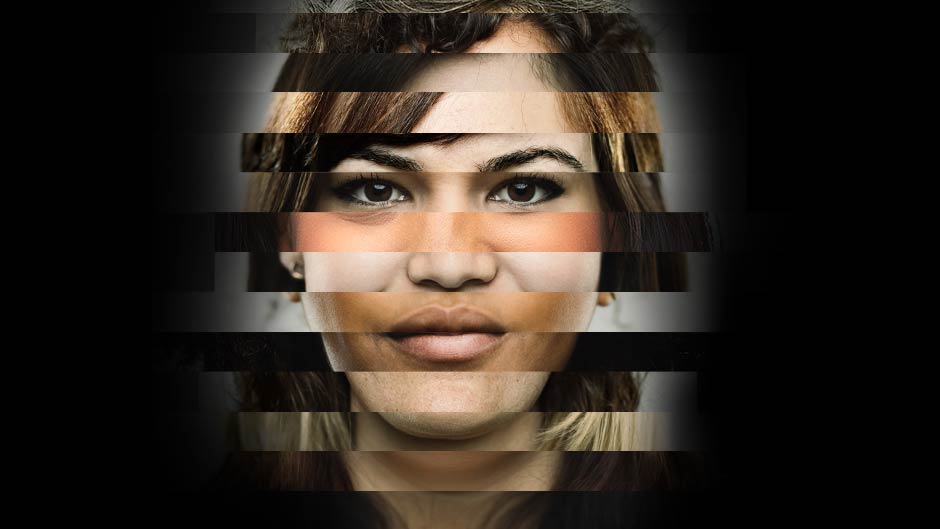The nationwide All of Us Research Program, which University of Miami Miller School of Medicine physicians are spearheading for the southeast, expanded north to Broward County last week. It now has a location for participants open inside the Sylvester Comprehensive Cancer Center’s Coral Springs location on Wednesdays, to supplement its main clinic sites on the Medical Campus, with plans to expand to other locations in the future.
“Many people have signed up from Broward, but they commented that it’s hard to get to our sites in Miami. So, we are happy to have this site on board and be able to extend more opportunities for participation to people in Broward County,” said Dr. Olveen Carrasquillo, a professor of medicine and public health sciences, who is also one of the principal investigators on the project at the Miller School of Medicine.
Started by the National Institutes of Health in 2018, the All of Us Research Program aims to collect health samples of 1 million people from a variety of circumstances, backgrounds, and communities across the country. Researchers believe that with such a large database of deidentified health records and genetic information from people of all races, ethnicities, nationalities, and gender identities, they can use the data to improve precision medicine and revolutionize patient treatment. Some of the data is already available to University of Miami researchers, and resulted in new knowledge about cardiovascular disease in the Hispanic population.
The Miller School of Medicine is leading recruitment efforts for the All of Us Research Program throughout the southeast, where it hopes to recruit about 80,000 participants.
“No other study of this size has been completed to link genetic data to things like age, economic stability, education, the environments in which people live, as well as their electronic health records. So, this data is already becoming powerful today and will be even more powerful for discoveries in the 21st century,” added Carrasquillo, who is also associate dean of clinical and translational research.
Dr. Stephan Züchner, professor of human genetics and neurology, as well as chief genomics officer for the Miller School is the lead researcher for the All of Us Research Program’s SouthEast Enrollment Center and oversees its other local partners—the University of Florida, Emory University, Morehouse College, and the University of Puerto Rico. While the Miller School team has recruited about 15,000 people so far, it hopes to recruit about 40,000 participants in South Florida. Toward that goal, the team is planning to open more locations where participants who have registered online can conveniently leave blood and urine samples, according to Carrasquillo. For example, they hope to open a clinic in the next few weeks at The Lennar Foundation Medical Center in Coral Gables.
Participants in the All of Us Research Program must be 18 years of age and will be compensated $25 for their time. A few months after submitting their samples in person, participants also will get access to their own unique genetic data that they can share with their doctors, noted program manager Julian Narchet. For example, participants can learn if they are likely to be lactose intolerant or averse to the herb cilantro, or if they have hereditary markers for conditions such as breast cancer, heart disease, or blood vessel diseases. Participants can choose whether they want to receive that information and all the medical data submitted is kept confidential. Therefore, the All of Us Research Program does not require participants to have health insurance, nor does it share any information with insurance providers.
Now that a new clinic site is open, researchers hope that more South Florida participants, particularly patients from underrepresented groups, will join the study.
“This study will mean better health care for everyone, but especially for groups of people who are often underrepresented in biomedical research. So, we hope they will join this study,” Narchet said. “If they do, it will help improve health care research, so that their children and their grandchildren can get better medical treatment.”
Visit the All of Us Research Program website to learn more, or call the team in Miami at 305- 243-8380.


